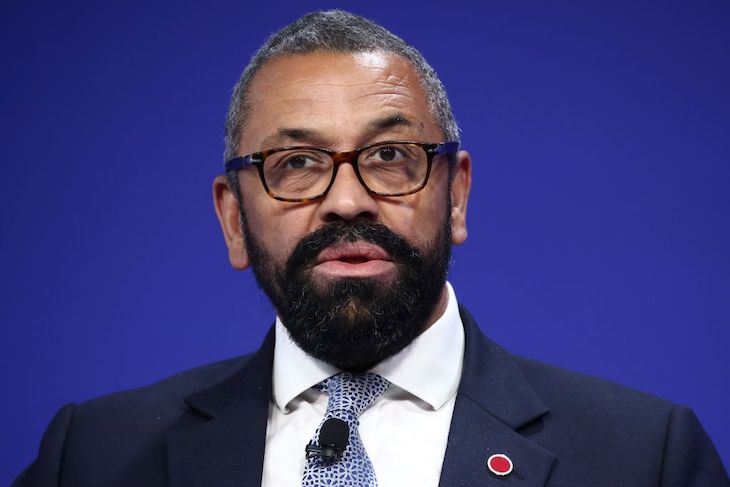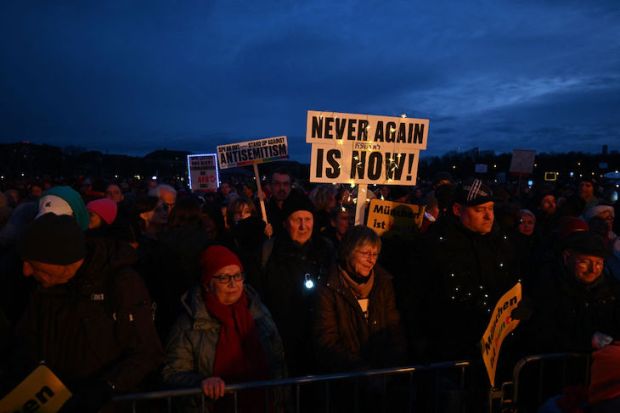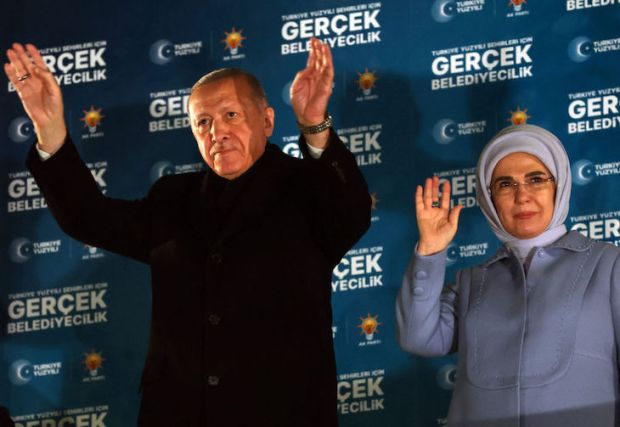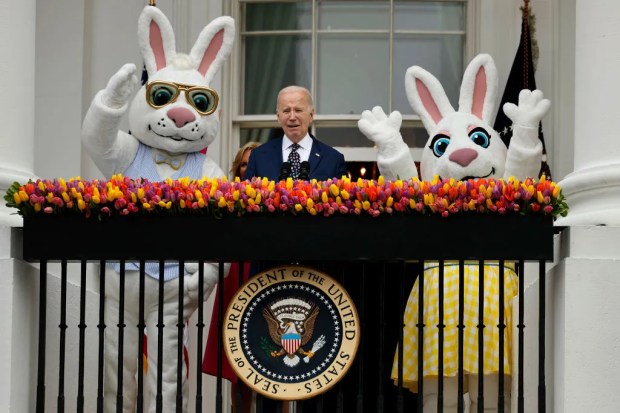Much has changed since the last time a British Foreign Secretary visited China. Back in 2018, when Jeremy Hunt met his Chinese counterpart, foreign minister Wang Yi, the world had never heard of Covid-19, Hong Kong remained mostly immune from interference from Beijing, and the truth about the mass internment camps in Xinjiang had only started emerging. Hunt and Wang agreed to keep ‘building the ‘Golden Era’ of China-UK relations’. How different the world looks, just five years later, as another British Foreign Secretary prepares to visit Beijing.
In British diplomatic circles, the term ‘golden era’ has been retired, as various human rights and geopolitical spats have led to the UK adopting a new strategy of ‘robust pragmatism’ with China (set out in this year’s Integrated Review update). When James Cleverly arrives in the Chinese capital, we will see whether this ‘robust pragmatism’ is a constructive and strategic way to deal with the world’s rising autocracy, or if it is merely ‘appeasement’, as some of parliament’s biggest China critics say.
Cleverly will need to walk a diplomatic tightrope during his trip
These critics have questioned why Cleverly needs to visit China at all. Iain Duncan Smith, former Conservative leader, has accused the UK of looking like the ‘soft underbelly’ of the western alliance facing China. Yet unity with allies is one of the reasons why Cleverly had to go: this year, it’s not just France and Germany who have sent delegations to China (each led by their head of state), but the US has also made a series of tentative moves to resume dialogue after February’s balloon debacle. Secretary of State Antony Blinken’s visit was followed by Secretary of the Treasury Janet Yellen and the US’s climate envoy, John Kerry, in the last few months alone. For British representatives not to visit China would mean relegating ourselves to a diplomatic reserve bench.
The British delegation will be hoping to get other ‘wins’ – such as laying the groundwork for China’s attendance in the UK’s AI summit, hosted in Bletchley Park in November so that the Sunak government can lay claim to Britain being a ‘convenor’ of the growing sector. The Prime Minister is also hoping to meet president Xi next week at the G20 meeting.
But Cleverly will need to walk a diplomatic tightrope during his trip. On the one hand, parliament’s China critics are already unhappy at the Foreign Secretary’s visit. At a time when the government seems to have little vision to offer the backbenches (while Labour is dusting off its government playbook), the government can ill afford to alienate them – or public opinion – further. So Cleverly must raise difficult issues with his Chinese interlocutors – human rights issues in Xinjiang and Hong Kong, for example.
And yet, the other side of the balancing act is the Chinese government. They don’t take kindly to politicking over human rights (as Canada’s prime minister Trudeau found out at last year’s G20 summit, when he was ticked off by Xi Jinping on camera, in a rare candid moment for the Chinese leader). This visit has come after months of negotiations, where I understand from Foreign Office sources the Chinese side have been slow to confirm a date (not so subtly hinting that the UK is not on its priorities list). So for the UK to get some of the ‘wins’ mentioned, it will need to appear firm but respectful, friendly but not subservient. Some of this may well come down to the finer details in the optics. Could Cleverly look too awed by the Chinese display? Can he raise human rights concerns firmly but without the Chinese feeling like they’ve lost face? In other words: what does a robustly pragmatic partner really look like?
The Foreign Secretary is a smooth talker, one of the current cabinet’s most successful survivors, so he’s well placed to walk this tightrope and certainly more so than some recent holders of his office. Nevertheless, the next few days could be some of the trickiest of his diplomatic career yet.
Got something to add? Join the discussion and comment below.
Get 10 issues for just $10
Subscribe to The Spectator Australia today for the next 10 magazine issues, plus full online access, for just $10.





















Comments
Don't miss out
Join the conversation with other Spectator Australia readers. Subscribe to leave a comment.
SUBSCRIBEAlready a subscriber? Log in